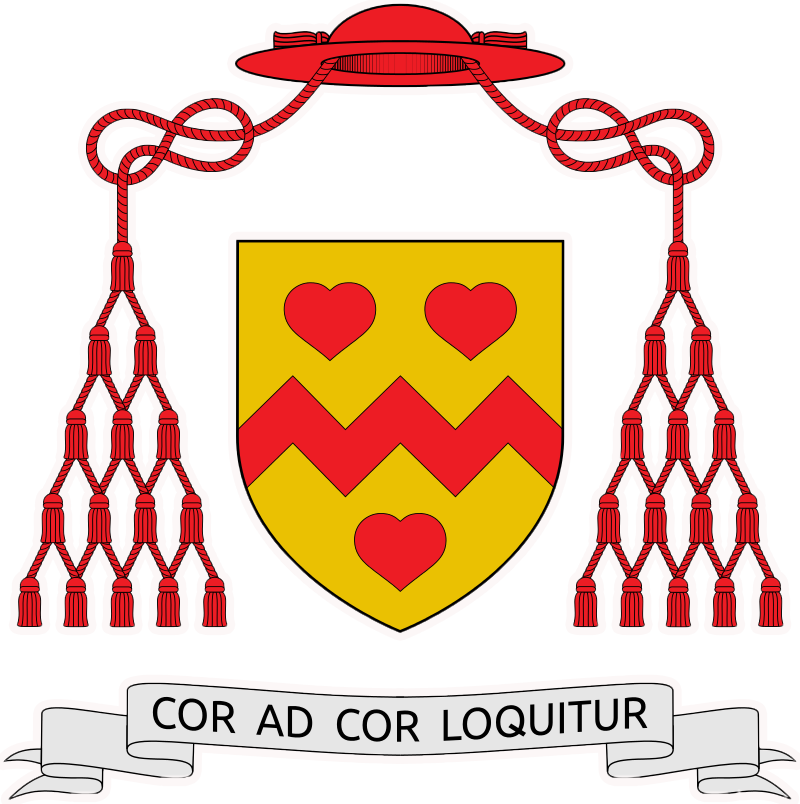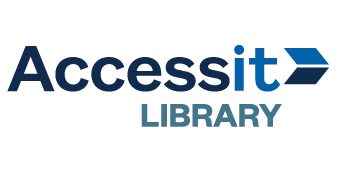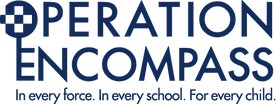Health and Social Care
Welcome to our Health and Social Care page
Within these pages you will find lots of information about the subject and how the department operates.
If you have any queries regarding Health and Social Care please do not hesitate to get in touch with me.
Mrs S Hoskins
Health and Social Care
Please read our Curriculum Statement.

Introduction
What is Health and Social Care?
As a subject, Health and Social Care (H&SC) combines elements of sociology, biology, nutrition, law, and ethics. Pupils of Health and Social Care will have a work placement alongside their academic studies; such a placement may take place in a nursery, residential home, hospital, or other caring establishment. Others may take a health and social care course as a route to further qualifications hoping that it will lead to employment within the sector.
Depending on their qualification, pupils may start off as care assistants and develop care to become doctors, nurses, social workers, physiotherapists, counsellors, psychotherapists, or a range of other related occupations.
H&SC is studied in Key Stage 4 and Key Stage 5.
Why choose a Level 2 BTEC Technical Award in Health and Social Care?
- Care values are at the heart
- Pupils apply their learning to a real-life scenario
- The components build on each other so that your pupils grow in confidence
- Practical tasks rather than written exams
How does the course work?
The course is made up of three components: two internally assessed and one that’s externally assessed. Our three-block structure, explore, develop and apply, has been developed to allow pupils to build on and embed their knowledge. This allows them to grow in confidence and then put into practice what they have learned. Our assessment structure is also designed so that pupils can build on what they learn, and develop their assignment skills, as they move through the course.
- Human Lifespan Development, internally assessed assignments, 30% of the total course
- Health and Social Care Services and Values, internally assessed assignments, 30% of the total course
- Health and Wellbeing, externally assessed task, 40% of the total course
Component 1 Human Lifespan Development
During Component 1, you will:
- explore how individuals develop physically, emotionally, socially and intellectually over time
- investigate how various factors, events and choices impact individuals’ growth and development
- discover how people adapt to life events and cope with making changes.
Component 2 Health and Social Care Services and Values
During Component 2, you will:
- learn which health and social care services are available
- identify why people might need to use these services
- discover who’s involved in providing these services
- explore what might stop people from accessing the services they need
- look at the care values the sector has to make sure people get the care and protection they need.
Component 3 Health and Wellbeing
To achieve this aim, you will:
- learn what ‘being healthy’ means to different people
- explore the different factors that might influence health and wellbeing
- identify key health indicators and how to interpret them
- assess an individual’s health using what they’ve learned
- create a health and wellbeing improvement plan for that person, which includes targets and recommendations of support services available
- reflect on the potential challenges the person may face when putting the plan into action.
Health and Social Care
The health and social care sector comprises two sub sectors; health care and social care. Health care encompasses all hospital activities, medical nursing homes and GP services, for example. The social care sector includes residential nursing care, residential nursing facilities, residential care facilities, domiciliary care and social work. Pupils are able to progress into work in the sector through degree programmes in nursing, midwifery, social work, physiotherapy, occupational therapy and pharmacy, for example. There are more than 300 distinct career paths in
this sector. The sector is a major employer, employing almost four million people across the UK.
Who is this qualification for?
This qualification aims to provide an introduction to study of the sector and is for the pupil interested in learning about the health and social care sector as part of a balanced study programme. It is intended as an Applied General qualification, and is equivalent in size to one A level. It supports access to a range of higher education courses, possibly in health and social care, if taken alongside further level 3 qualifications. The qualification typically makes up one third of a study programme.
What does the qualification cover?
Pupils will complete the following mandatory units:
● Human Lifespan Development
● Working in Health and Social Care
● Meeting Individual Care and Support Needs.
Pupils are able to select one option unit that supports their progression to specialised degree programmes, and
which covers the biological and sociological topics relevant to the different parts of the sector. Optional units include:
● Sociological perspectives
● Psychological perspective
● Additional needs
● Physiological disorders.
If you need any more information please see Mrs Hoskins, Head of Department, Social Sciences.
What could this qualification lead to?
Because the Pearson BTEC Level 3 National Extended Certificate in Health and Social Care is generally taken alongside other qualifications, as part of a two year programme of learning, pupils will be able to choose a wide range of degree programmes to progress to, depending on the other subjects they have chosen. The qualification is intended to carry UCAS points and is recognised by HE providers as contributing to meeting admission requirements to many courses. For example, if taken alongside:
● A levels in Biology and Psychology, it could lead to a BSc (Hons) in Nursing
● A levels in English and History, it could lead to a BA (Hons) in Primary Education
Pupils should always check the entry requirements for degree programmes at specific HE providers. Will the qualification lead to employment, if so, in which job role and at which level? This qualification is designed primarily to support progression to employment via higher education. It also supports pupils choosing to progress directly to employment as the transferable knowledge, understanding and skills will give successful pupils an advantage in applying for a range of entry level roles, industry training programmes and Higher Apprenticeships; for example, the Adult Social Care Apprenticeship or the Allied Health Profession Support Apprenticeship.












